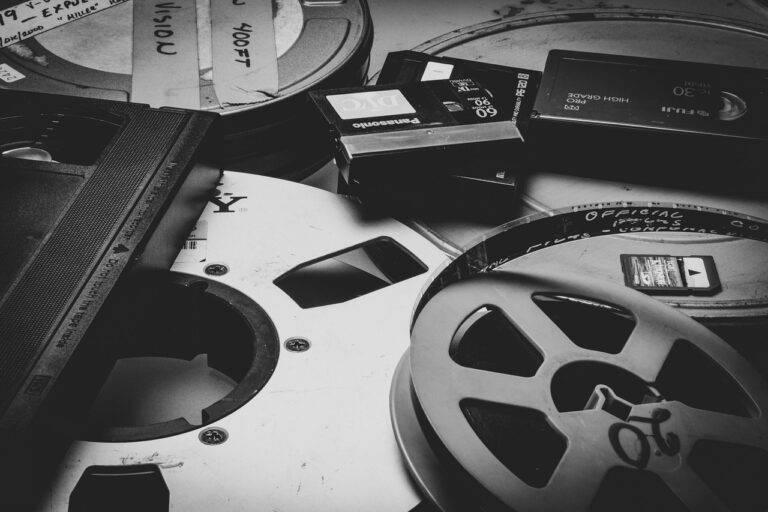Analyzing the Role of Soundtracks in Setting the Tone of Films
The soundtrack of a film plays a crucial role in enhancing the viewer’s overall experience. It sets the mood, drives emotions, and creates tension or excitement where needed. From subtle background melodies to powerful symphonies, soundtracks have the power to immerse the audience into the world of the story being told on screen.
A well-crafted soundtrack can elevate a good film to greatness, making it memorable and impactful long after the credits roll. It can help establish the time period, location, and even the characters’ emotional states, adding layers of depth and complexity to the storytelling. Soundtracks have the ability to evoke nostalgia, inspire, and evoke a wide range of feelings within the audience, making them an integral part of the cinematic experience.
The Evolution of Film Scores
In the early days of cinema, film scores were primarily composed of simple, repetitive melodies played on piano or organ to enhance the viewing experience. As technology advanced, orchestras were introduced to create more intricate soundscapes that captured the emotional nuances of the scenes.
With the advent of sound in films, composers gained a wider scope for experimentation. They began incorporating different musical styles, instruments, and techniques to create diverse and impactful scores that could heighten the drama and tension on screen. This evolution in film scoring allowed for greater creativity and innovation, leading to iconic soundtracks that are now synonymous with classic movies.





